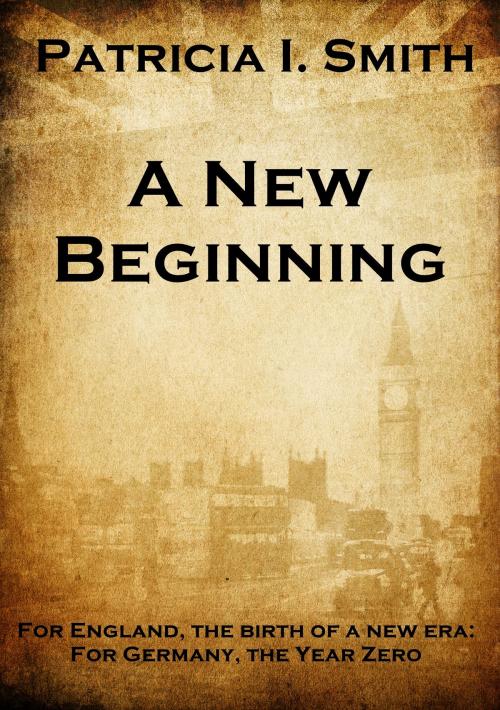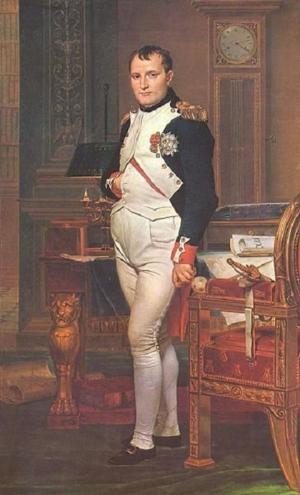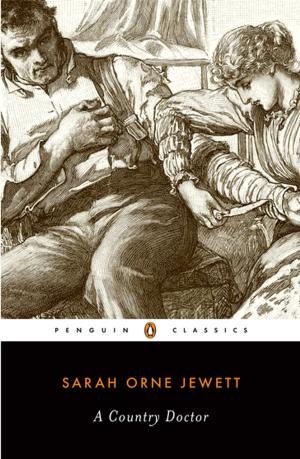| Author: | Patricia I. Smith | ISBN: | 9781311144423 |
| Publisher: | Patricia I. Smith | Publication: | December 19, 2014 |
| Imprint: | Smashwords Edition | Language: | English |
| Author: | Patricia I. Smith |
| ISBN: | 9781311144423 |
| Publisher: | Patricia I. Smith |
| Publication: | December 19, 2014 |
| Imprint: | Smashwords Edition |
| Language: | English |
1946 brought about a new era. It was also the year the cold-war began. But there was another battle closer to home: the proposed Bill for a National Health Service. The Bill, when passed, would, for the first time, give free medical care to each and every man, woman and child in Britain.
Although doctors encompassed the ethos of the Bill, some railed against it, which brought about a divide amongst medics in medical schools, hospitals and general practices. Some had the insight to realise the advances made in medicine and surgery during World War II, could be carried through to an NHS, thereby, opening-up opportunities for research, which would be to the benefit all members of society.
The essence of science is change, and without those medical pioneers who, throughout the war, not only did their bit for their country, still found time to better the survival rates of injured soldiers, sailors and airmen on the front line. Without those visionaries and innovators there wouldn’t have been Penicillin in 1943, and the first closed-heart surgery in 1945. It is the likes of those ground-breaking discoveries and procedures that gave medics the prospect of honing their skills in an NHS in its infancy. But the battle was long, and it took another two years before the NHS was born, in July 1948.
This fictional story begins in January, 1946 and ends in December that same year. It tells of one doctor’s struggle to pick up the pieces after six years of war and austerity, and his vociferous support for social change by giving free health care to all.
1946 brought about a new era. It was also the year the cold-war began. But there was another battle closer to home: the proposed Bill for a National Health Service. The Bill, when passed, would, for the first time, give free medical care to each and every man, woman and child in Britain.
Although doctors encompassed the ethos of the Bill, some railed against it, which brought about a divide amongst medics in medical schools, hospitals and general practices. Some had the insight to realise the advances made in medicine and surgery during World War II, could be carried through to an NHS, thereby, opening-up opportunities for research, which would be to the benefit all members of society.
The essence of science is change, and without those medical pioneers who, throughout the war, not only did their bit for their country, still found time to better the survival rates of injured soldiers, sailors and airmen on the front line. Without those visionaries and innovators there wouldn’t have been Penicillin in 1943, and the first closed-heart surgery in 1945. It is the likes of those ground-breaking discoveries and procedures that gave medics the prospect of honing their skills in an NHS in its infancy. But the battle was long, and it took another two years before the NHS was born, in July 1948.
This fictional story begins in January, 1946 and ends in December that same year. It tells of one doctor’s struggle to pick up the pieces after six years of war and austerity, and his vociferous support for social change by giving free health care to all.















